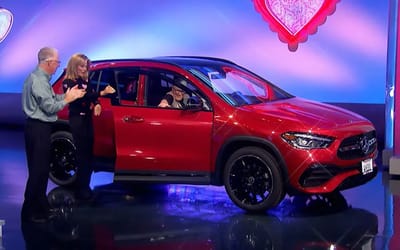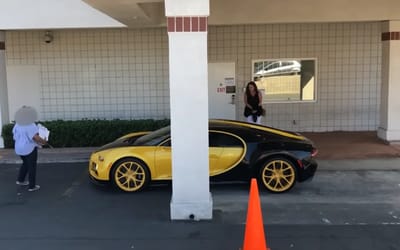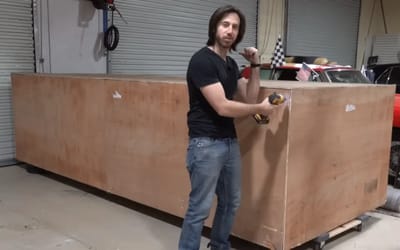New EV battery recycling tech from South Korea achieves 99 percent metal purity
Published on Nov 14, 2025 at 8:03 AM (UTC+4)
by Molly Davidson
Last updated on Nov 14, 2025 at 10:29 AM (UTC+4)
Edited by
Kate Bain
South Korea’s working on something that could change what happens to an EV battery after it dies.
It’s one of those ideas that sounds small until you realize the entire EV world has been struggling with it for years.
Early results have already raised a few industry eyebrows.
And the real twist is how the team actually pulled it off.
DISCOVER SBX CARS – The global premium auction platform powered by Supercar Blondie
The clever science behind the 99 percent purity breakthrough
When an EV battery dies, it doesn’t suddenly become useless.
Instead, it turns into a metal smoothie filled with valuable stuff like nickel and cobalt.
The trouble is getting those metals back out without turning the whole planet into a chemistry lab disaster.
Traditional battery recycling uses strong acids and creates enormous amounts of wastewater, which is about as fun as it sounds.

Now, the team at the Ulsan National Institute of Science and Technology (UNIST) have decided to try something cleaner.
They made a special liquid called a deep eutectic solvent – basically a supercharged mix where one ingredient grabs nickel and the other grabs cobalt.
Once those metals are pulled apart, scientists can use small electrical charges to drop each one out separately.
It works a bit like a vending machine where each metal has its own button.
And the craziest part is how well it works.
Even with real, messy battery waste, the nickel came out over 99 percent pure and the cobalt wasn’t far behind.
Even better – the test stayed stable at high temperatures, didn’t rely on harsh chemicals, and the liquid could be cleaned and reused.
That’s a level of efficiency most recycling methods can only dream about.
EV battery tech is only getting greener
This breakthrough plugs right into what the EV world’s trying to do already: make batteries cleaner.
Carmakers are experimenting with longer-lasting cells, cheaper chemistries, and faster charging, but recycling is becoming just as important.

If old batteries can feed new ones without massive environmental cleanup, the whole system gets faster, cheaper, and way less wasteful.
If this UNIST battery recycling method scales beyond the lab, it could become one of the most important EV upgrades in years.
A smarter, cleaner way to rescue the metals hiding inside dead batteries.
DISCOVER SBX CARS: The global premium car auction platform powered by Supercar Blondie
With roles at TEXT Journal, Bowen Street Press, Onya Magazine, and Swine Magazine on her CV, Molly joined Supercar Blondie in June 2025 as a Junior Content Writer. Having experience across copyediting, proofreading, reference checking, and production, she brings accuracy, clarity, and audience focus to her stories spanning automotive, tech, and lifestyle news.




